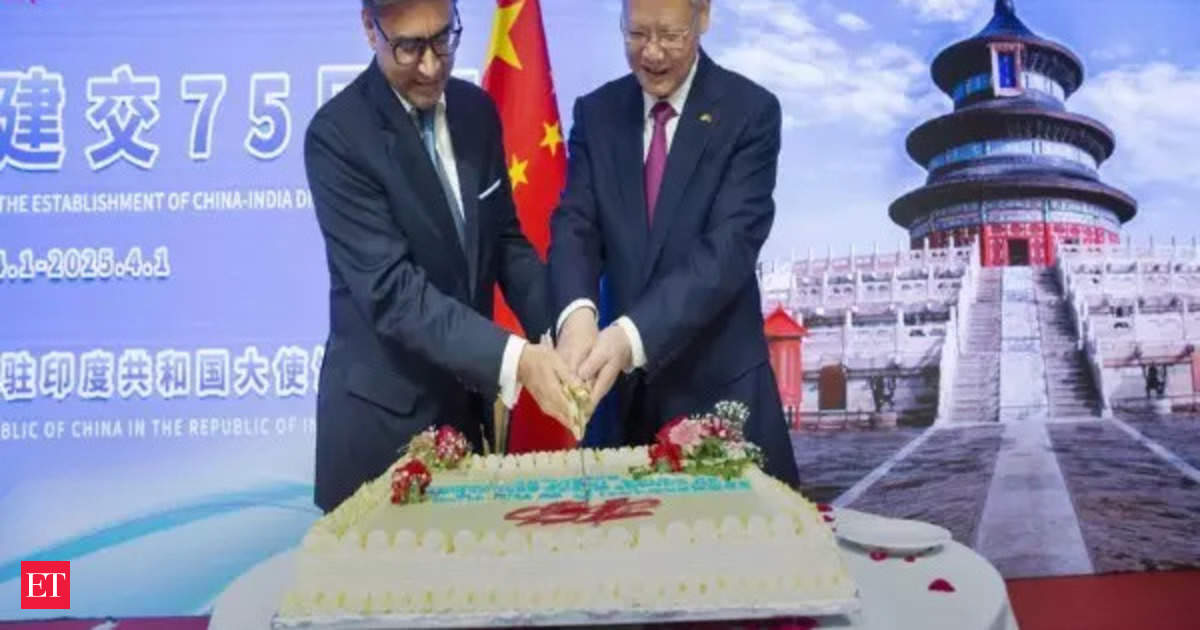Now Reading: Zoho’s Sridhar Vembu Warns Against Nandan Nilekani’s Land Monetization Plan
-
01
Zoho’s Sridhar Vembu Warns Against Nandan Nilekani’s Land Monetization Plan
Zoho’s Sridhar Vembu Warns Against Nandan Nilekani’s Land Monetization Plan

Swift summary:
- Infosys co-founder Nandan Nilekani proposes tokenizing land assets through digitized titles,making them tradable like stocks or bonds,and unlocking financial leverage for landowners.
- Nilekani argues this could transform 50% of Indians’ assets (mostly dormant land) into liquid wealth for business investments and economic mobility.
- Zoho founder Sridhar Vembu opposes the idea, warning that increased liquidity of land could harm vulnerable individuals by enabling impulsive sales tied to gambling or addiction.
- Vembu highlighted risks such as wealth concentration and exploitative practices from companies offering instant cash in exchange for land tokens.
- Tokenization reforms would rely on state-level improvements in property registration systems, taxation updates, and clear title management tailored to local needs.
Indian Opinion Analysis:
The debate between Nandan Nilekani and Sridhar Vembu underscores the complex intersection of economic reform and its societal implications. while tokenization has the potential to unlock dormant financial power in India’s vast agricultural economy, it demands robust legal frameworks to safeguard against exploitation. The risks highlighted by Vembu-such as wealth concentration and impulsive asset disposal-are valid concerns requiring regulatory foresight. State-specific customization will be critical since India’s diversity necessitates localized solutions rather then a one-size-fits-all approach. This discourse indicates a need for balanced planning that fosters prosperity while shielding vulnerable populations from unintended consequences.























